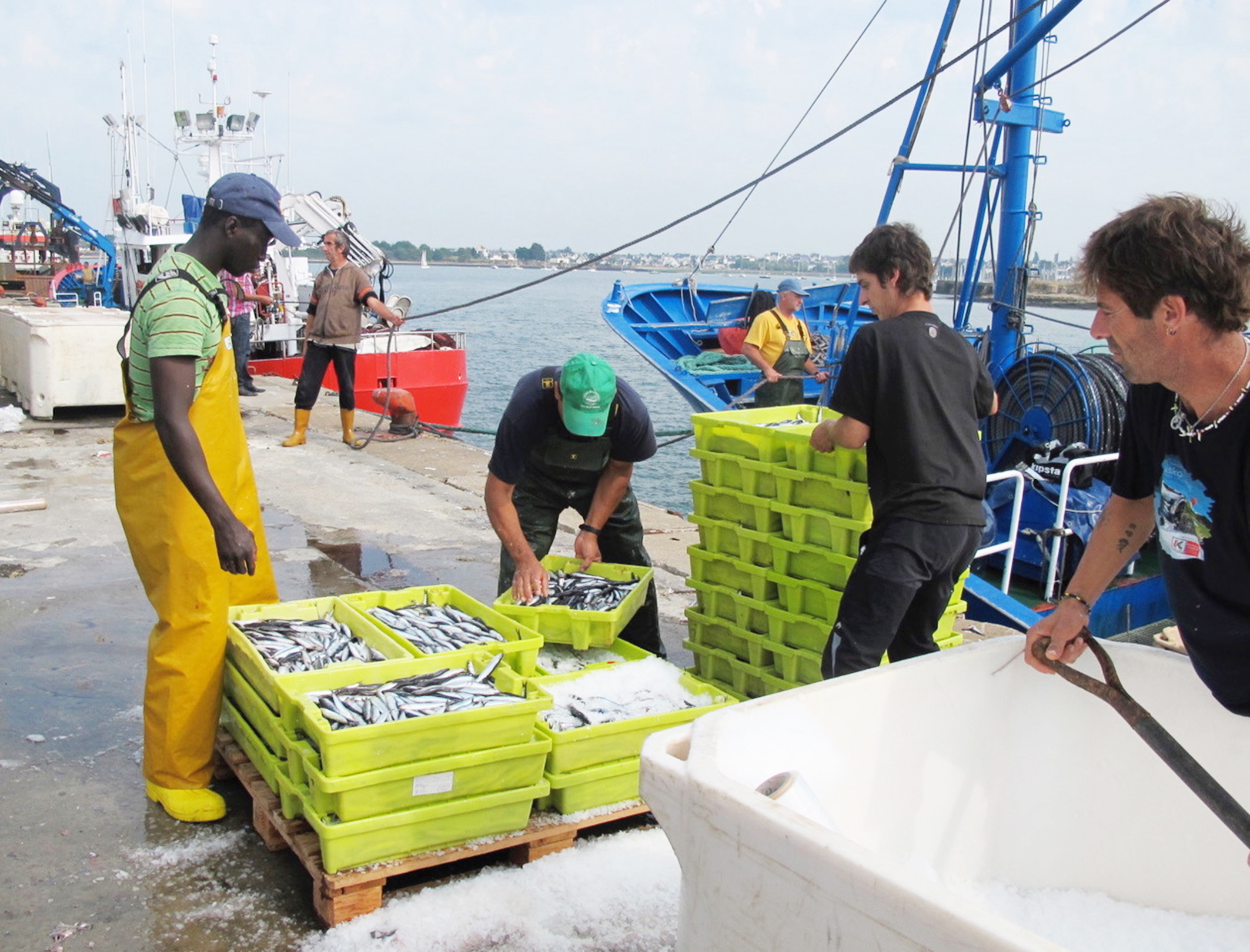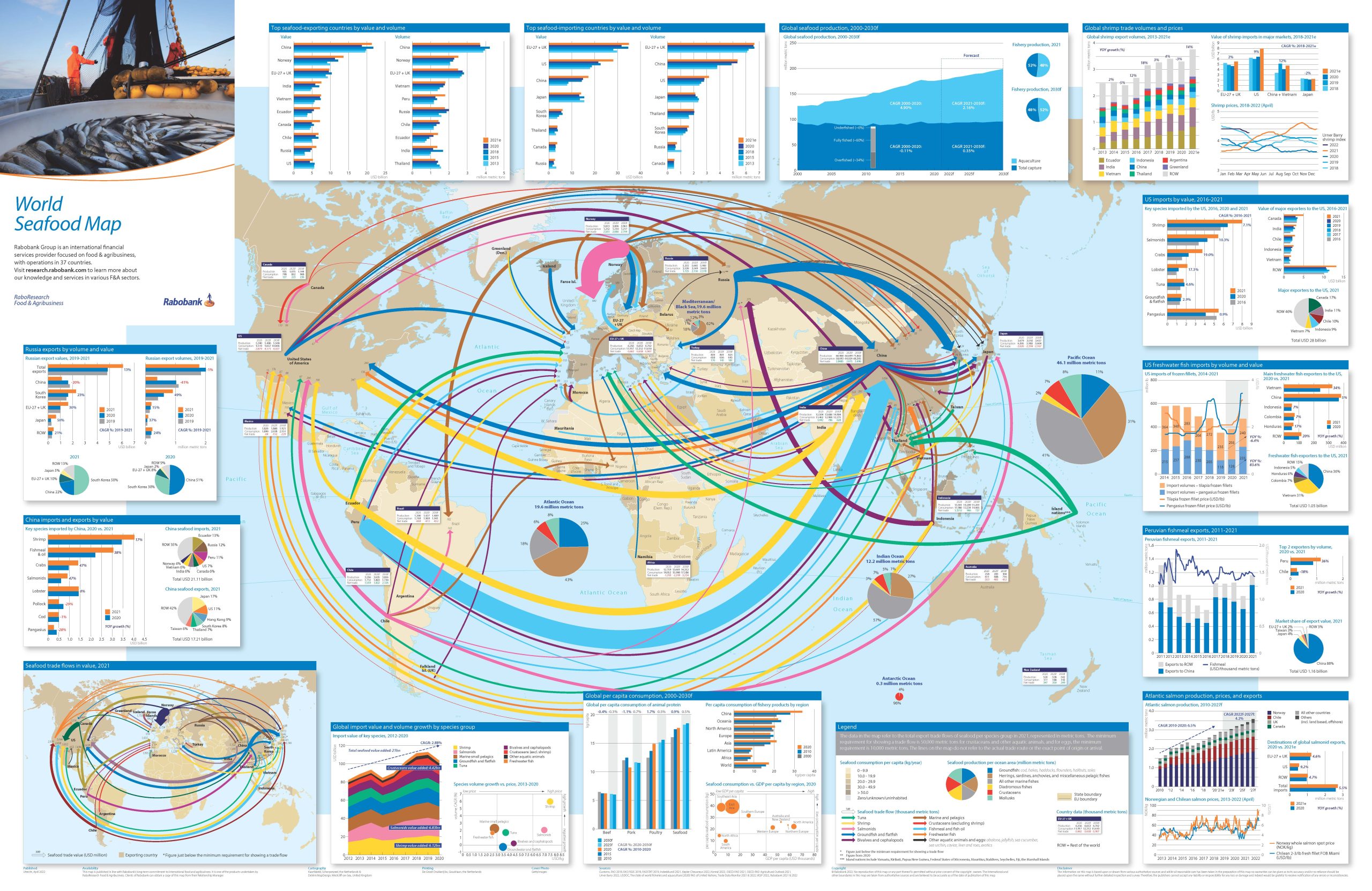
International trade in fish and fish products is booming. Production is increasing on the back of growing demand across the world. Preservation and transport of produce is becoming cheaper. Lower tariffs have helped, as has the coming in of 200-mile Exclusive Economic Zones.
More than half the value of exports is from developing countries of Low Income Food Deficit Countries (LIFDC). ICSF monitors this trade from the perspective of small-scale fishers, analysing international and regional trade regimes, disseminating information about relevant developments to fishworker bodies, civil society and policymakers.
ICSF explains ecolabelling and other forms of certification and their implications for small-scale fishing communities and food security. The aim is enhanced capacity of fisher organizations to deal with trade on an even keel.
ICSF follows negotiations related to fisheries subsidies and other fisheries-related debates at the World Trade Organization (WTO), and follows regional trade agreements, to inform small-scale fishers about their implications for their access to resources and markets.

ICSF continues to monitor and analyze information on developments in international trade and regional trade regimes and to disseminate information about such developments to fishworker organizations, CSOs and policy makers.
Rabobank Group is an international ¬nancial services provider focused on food & agribusiness, with operations in 37 countries. Visit research.rabobank.com to learn more about our knowledge and services in various F&A sectors. Source: RaboResearch Food & Agribusiness

Malaysia is a middle-income country with a diverse economy. Trade is very important, with exports and imports of goods and services equivalent to about 130% of GDP. Growth has been...
Since its last Trade Policy Review in 2012, the Philippine economy has grown at an average annual rate of about 6%. Growth was driven mainly by consumption and infrastructure investment....
With 37% of fish harvest exported as food for human consumption or in non-edible forms, trade policies and measures constitute an essential part of the overall policy framework needed to...
The Strategy was developed during a consultative process led by the NPCA and FAO, through NFFP and with the support of the beneficiary countries. Following highly interactive deliberations, the Strategy...
The Sub-Committee took note of recent developments concerning international trade in fishery products. It also considered specific issues related to international trade and sustainable fisheries development. http://www.fao.org/3/a-i5580t.pdf
The paper reviews the role fish plays in human nutrition and looks at the impact fish trade might have on food security and nutrition. Fish is recognized as an excellent...
This document analyses seafood detentions and rejections in international trade focusing on the four largest fish and seafood importers – Canada, the European Union, Japan and the United States of...
This Code sets out principles and international standards of behaviour for responsible practices with a view to ensuring the effective conservation, management and development of living aquatic resources, with due...